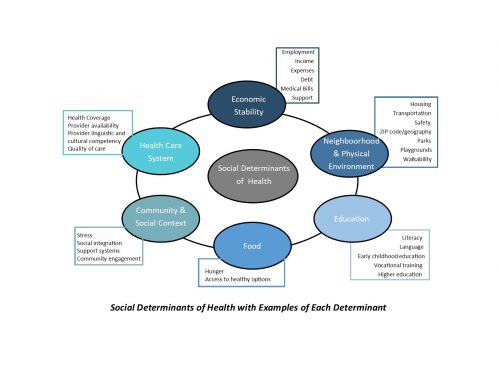Part 2 of my report on the CCMC conference.
On Day 2 of the CCMC conference we heard a very interesting plenary session on the future of healthcare by Dr. Robert Pearl, one of Modern Healthcare’s 50 most influential physician leaders. He stated, “We spend more on healthcare than every other country’s GDP except for China, Japan and Germany, yet we are last in childhood mortality. If you ask about the state of US healthcare to our citizens, we say it is the best in the world. But that is different than the facts.”
Dr. Pearl gave the following example that illustrates context changes perception and shapes behavior: He described a test performed on college students in which they were presented with a labeled $5 bottle of wine and a labeled $50 bottle of wine and asked to sample both. (Spoiler alert- inside each bottle was the same wine.) However, when they were given an MRI as they sampled each bottle, their brains showed positive increases in the waves showing pleasure with drinking the $50 bottle of wine vs. the $5 bottle.
He also believes that evidence-based information and science do not dominate how we perform our jobs as healthcare professionals. He discussed the fascinating example of how we discovered the true cause of peptic ulcers. Pathologist, Dr. Barry Marshall, worked in a hospital setting at which a significant number of gastrectomies for peptic ulcers were performed. As the pathologist performing analysis on the tissue samples from these surgeries, he noted bacteria surrounding the peptic ulcers 95% of the time. Dr. Marshall showed the results of his analysis to the surgeons at the hospital, but no one acted on these findings.
Dr. Marshall then performed an endoscopy on himself to prove he was free of peptic ulcers (as a baseline). He then obtained a Petri dish full of the bacteria he suspected as the true cause of these ulcers and swallowed the bacteria (a collective groan was heard in the audience). Sure enough, he sustained a peptic ulcer, which he verified with a second endoscopy. Dr. Marshall then prescribed himself an antibiotic and re-scoped himself for the third time and proved the ulcer is now gone. He then presented this information and again no one acted on it for an additional 10 years, as the prevailing medical thought concluded peptic ulcers were due to stress, spicy foods and too much acid. He ultimately was awarded a Nobel Prize in 2005 for his work that changed the course of treatment for peptic ulcers.
Dr. Pearl then detailed suggestions to help re-order our healthcare system. He pointed out care at this point in our history should really be more focused on chronic care vs. acute care. Our patients survive longer than they did a generation ago, yet our care is still focused on treating acute conditions. Dr. Pearl suggests we address collaborative care both horizontally and vertically – we need to communicate between specialties immediately. Pay on value, not volume. Embrace modern technology including a functional electronic health record, data analytics, telemedicine, and artificial intelligence where appropriate.
Dr. Pearl stated doctors don’t hold the care together, case managers manage the problems. We can be the glue to transition to a different health care system.
Dr. Pearl then discussed the concept of the single payer system currently being discussed by our legislators and asked will it make the change? He said that he thinks the current discussion is looking at the solution backwards. He notes in other countries with single payer system the cost of care is less, which make the insurance cheaper for the government. He states in the US the reason Medicare is cheaper than traditional insurance is that the government sets the payment structure for the care they reimburse. Currently Medicare pays 90% on the dollar of the cost of care. To compensate, private pay insurance pays 120% on the dollar. Medicare for all in his opinion will cause an issue. If we begin paying for all care at 100% of the cost of care on the dollar instead of the current 90%, then costs for care and insurance will naturally go up. At that point we will have no choice but to increase taxes.
In both plenary sessions, (see Part 1 dated 3/2/2019) the physicians who spoke, stressed the role of case management in coordinating, collaborating and advocating for our health care consumers. The days when case managers had to prove their worth and relevance in the health care continuum seem to be at an end.

